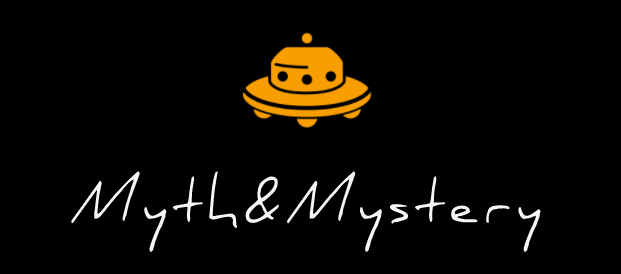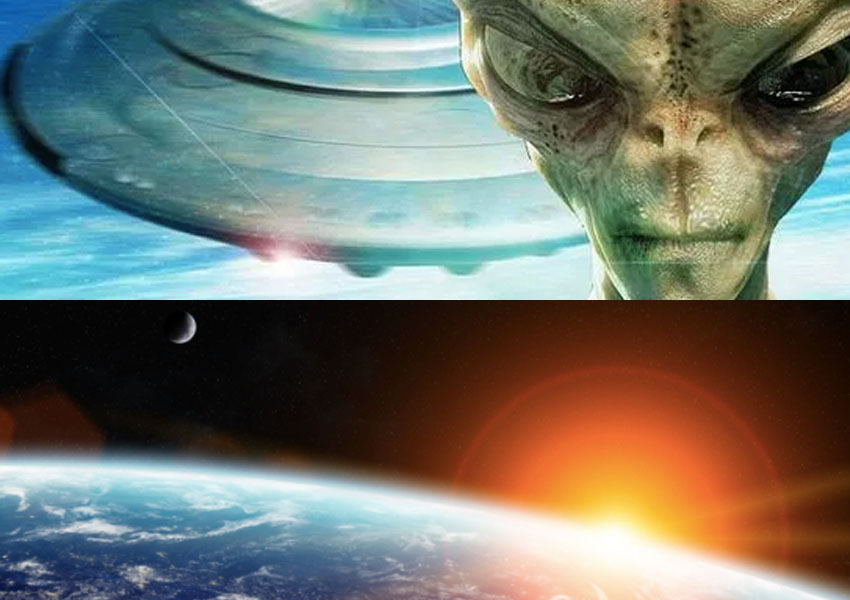What if the aliens we’ve been searching for all along are actually Humans? Experts believe that in the distant past, humans most likely interbred with another species, maybe one from the nearby star system of Alpha Centauri, giving rise to contemporary humans.
Archaeologists discovered the Tablet of Kish, which is thought to date back to the year 3500 BC, in Tell Al-Uhaymir, modern-day Iraq, the location of the ancient Sumerian city of Kish.
According to the Sumerian king list, Kish was the first city to have rulers after the flood, starting with Jushur.
Kullassina-bel, the name of Jushur’s successor, literally translates to “All of them were ruler” in Akkadian.
This antiquity is thought to have existed over a century before the Sumerian cuneiform script and Egyptian hieroglyphs.
One of the earliest ways that man distinguished himself from the animal kingdom was the development of the capacity to communicate ideas through written language.
Since then, humankind has created computers, divided the atom, invented electricity, and sent a man to the moon. Other animals still have not accomplished what we have.
No other species on Earth has achieved such extraordinary feats in such a little time. It’s interesting to note that human “evolution” has been rather rapid compared to other species on the planet.
The first hominid to walk on Earth was here quite recently, maybe a few million years ago.
Although there are many “intelligent” species on Earth, none of them employ technology the way we do.
Imagine for a moment supposing humans had to revert to the forest and find a way to thrive there. The majority of them would not survive for a very long time, according to several specialists. In addition to their intelligence, experts generally concur that humans are not well-suited to inhabit a variety of habitats. In other words, our relationship with the world is quite constrained. Biologists have found differences between human physiology and those of other creatures on earth in addition to our amazing intelligence. Most experts concur that humans are fairly peculiar when compared to other creatures on planet.
For instance, a newborn horse can move and operate virtually independently, while a newborn human cannot, leaving us relatively helpless. In other words, we are neurologically unprepared for life when we are born.
The vast majority of researchers concur that human intelligence comes with a number of weaknesses.
The evolution of humans to bipeds gave us the ability to move items, make tools, and do many other things by freeing up our superior extremities. But researchers agree that our species has paid a high price for all of this. Many specialists believe that lumbar discomfort is a marker that might reveal a lot about our species. Strangely, this issue does NOT affect other species on Earth. It seems as though some of these issues just impact people.
What does this all ultimately mean? One expert interprets this to suggest that we are the aliens that we have been searching for all along.
According to a novel idea put out by Dr. Ellis Silver, there are various red flags in the human race that indicate we did not develop WITH other living forms on Earth.
A summary of hypotheses for and mostly against human evolution on Earth may be found in the book “Humans are not from Earth: a scientific review of the evidence.” In the book, eminent ecologist and environmentalist Dr. Ellis Silver evaluates thirteen prominent hypotheses and seventeen indicators that indicate humans are not native to Earth.
According to Dr. Ellis, despite being the apparently most advanced species on the planet, humans are startlingly ill-equipped for life on Earth and are adversely affected by sunshine, hate naturally occurring foods, have absurdly high rates of chronic sickness, and more.
In order to add to the mysteries, Dr. Ellis suggests that it is strange that newborns have large heads and make it difficult for mothers to give birth, which can result in fatalities for both mother and child. This is because our species may experience back pain because it first evolved on a planet with a lower gravity, adding to the mysteries.
So from where do we originate? Dr. Ellis asserts that contemporary humans are most likely the offspring of a long-ago crossbreeding between Neanderthals and another species, maybe one from the nearby star system of Alpha Centauri.
Dr. Ellis claims that there are millions of people who “feel” as though they don’t belong on Earth.
This implies, at least to me, that humanity may have evolved on a separate planet and that we may have been transported here as a highly developed species, says Dr. Ellis. Since humans appear to be a naturally violent species and are here until we learn how to conduct ourselves, one explanation for this would be that Earth is a jail planet.
According to Dr. Ellis, between 60,000 and 200,000 years ago, fully grown Homo sapiens were brought to Earth from somewhere else, not from that specific strain of life.
Additionally, as Robert Sepher pointed out, contemporary DNA sequencing has shown that mankind as we know it is a hybrid species with a far more intriguing origin story than simply ONE single ‘race’ derived from the same progenitor in Africa.
When it comes to Rh negative blood, there are a lot of unanswered questions. Theoretical models suggest that everyone’s blood would be compatible if humans did, in fact, descend from a common ancient African progenitor. Sadly, this is not the case. This poses several issues that science hasn’t been able to properly address. From where did Rh-negative blood originate? And why would a Rh-negative woman who is carrying Rh positive children attempt to reject her own children?
a hypothesis that contends humans are a hybrid species rather than one race.
We learn more about the mysterious blood type Rh-negative in Robert Sepehr’s book, Species with Amnesia: Our Forbidden History. In addition to suggesting that humans are actually a hybrid species, the author of Species with Amnesia also contends that highly developed civilizations existed on Earth before us but were inexplicably wiped out by major global catastrophes.
According to Sepehr, for every race that has vanished, another has arisen, with a chosen few retaining the memories and holy knowledge of the former race. In our arrogance, we believe that we have uncovered some of the greatest scientific and technological truths, but in reality, we are just now starting to learn the profound wisdom of earlier civilizations. We want to restore our lost history in various ways, much like an awakened species with amnesia.
The majority of Rh-negative blood is found among the Basque populations of France and Spain. 60 percent of people possess one (r) negative gene, and roughly 30% are (rr) Rh negative. There are no Rh-negative primates among the 612 species and subspecies that the International Union for Conversation of Nature (IUCN) has recognized. in Robert Sepehr’s book Species with Amnesia: Our Forbidden History































